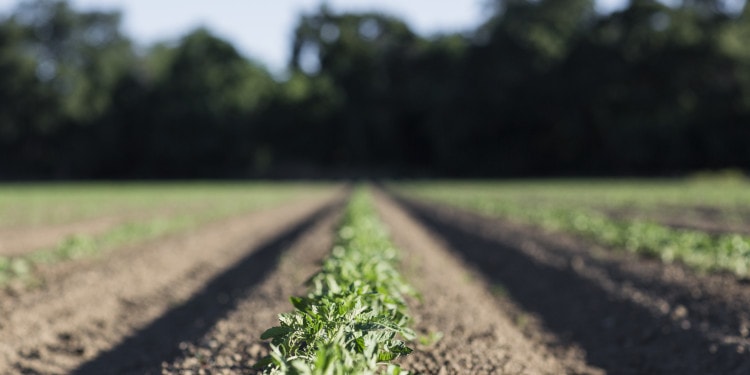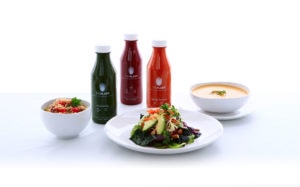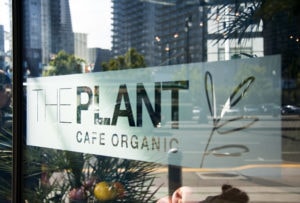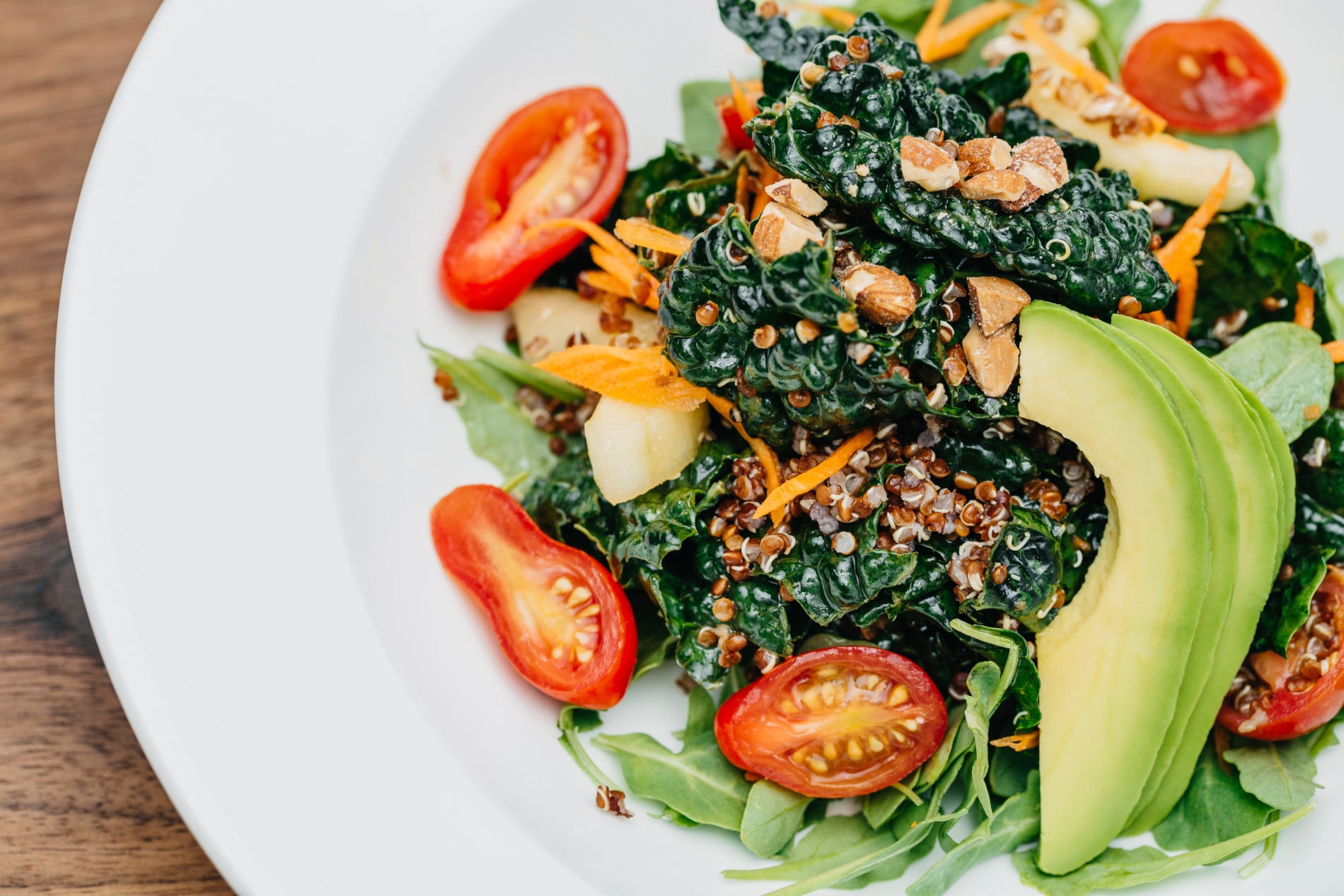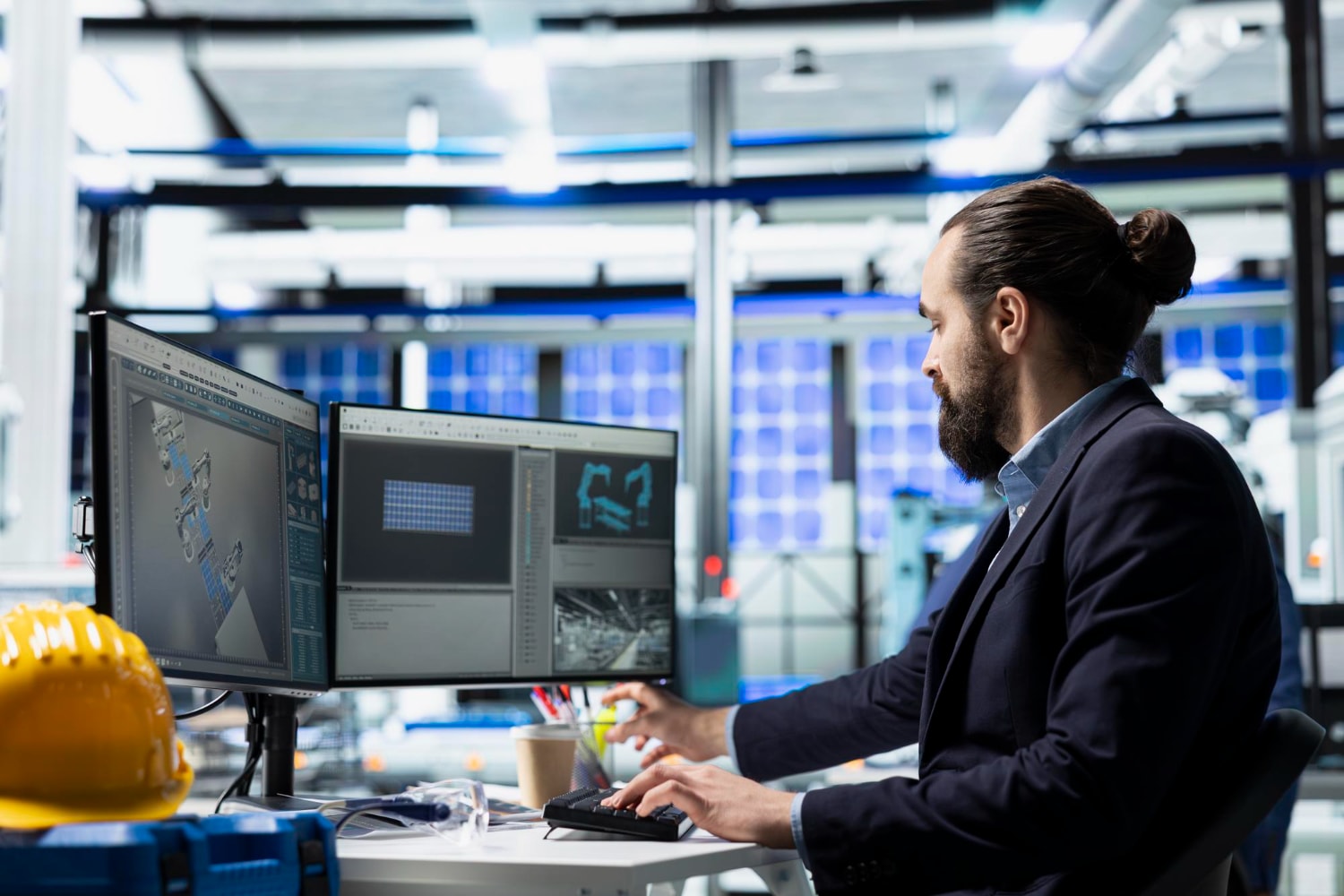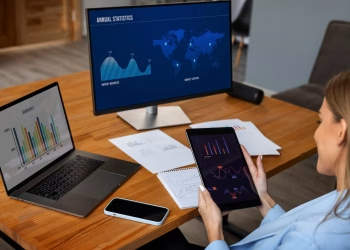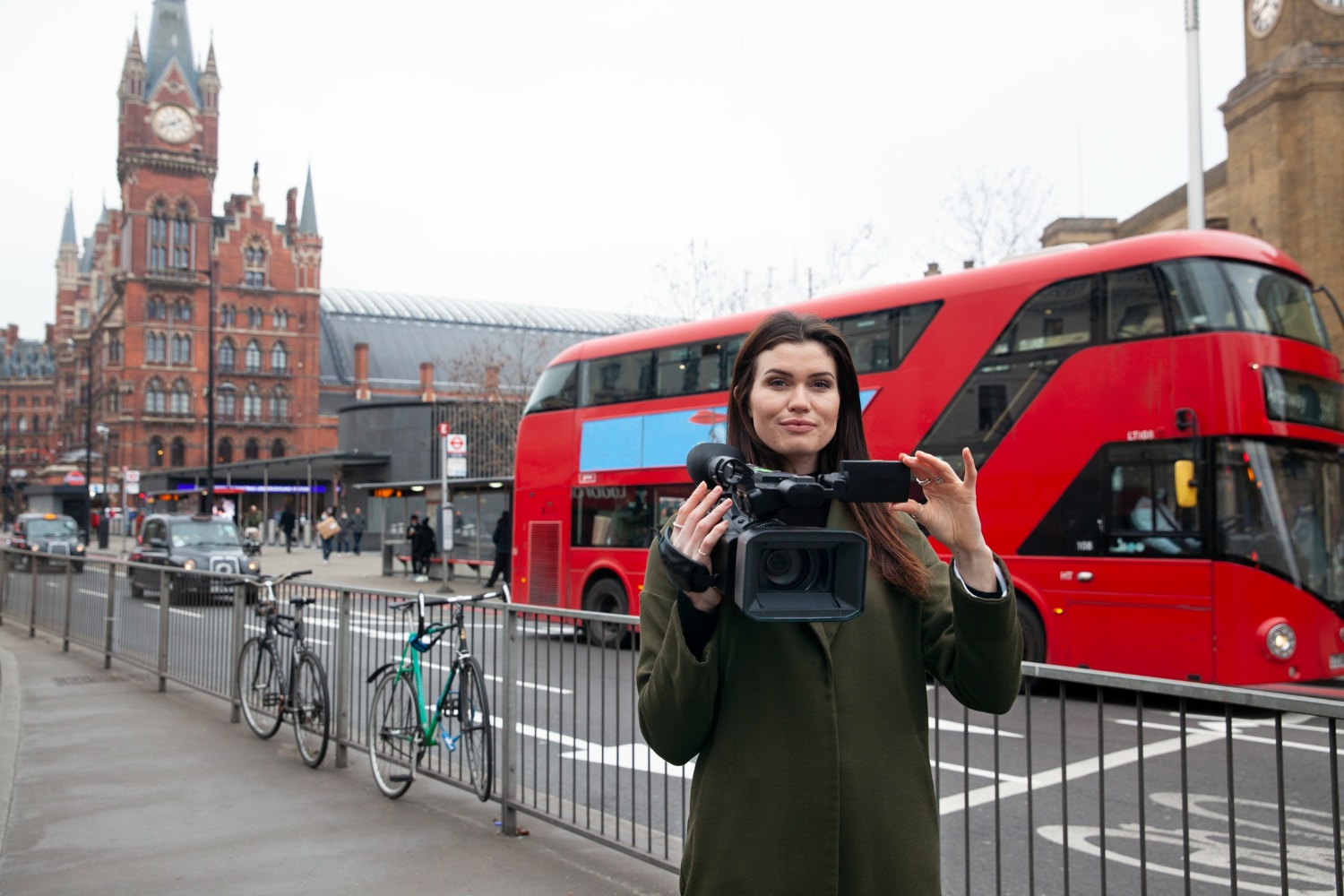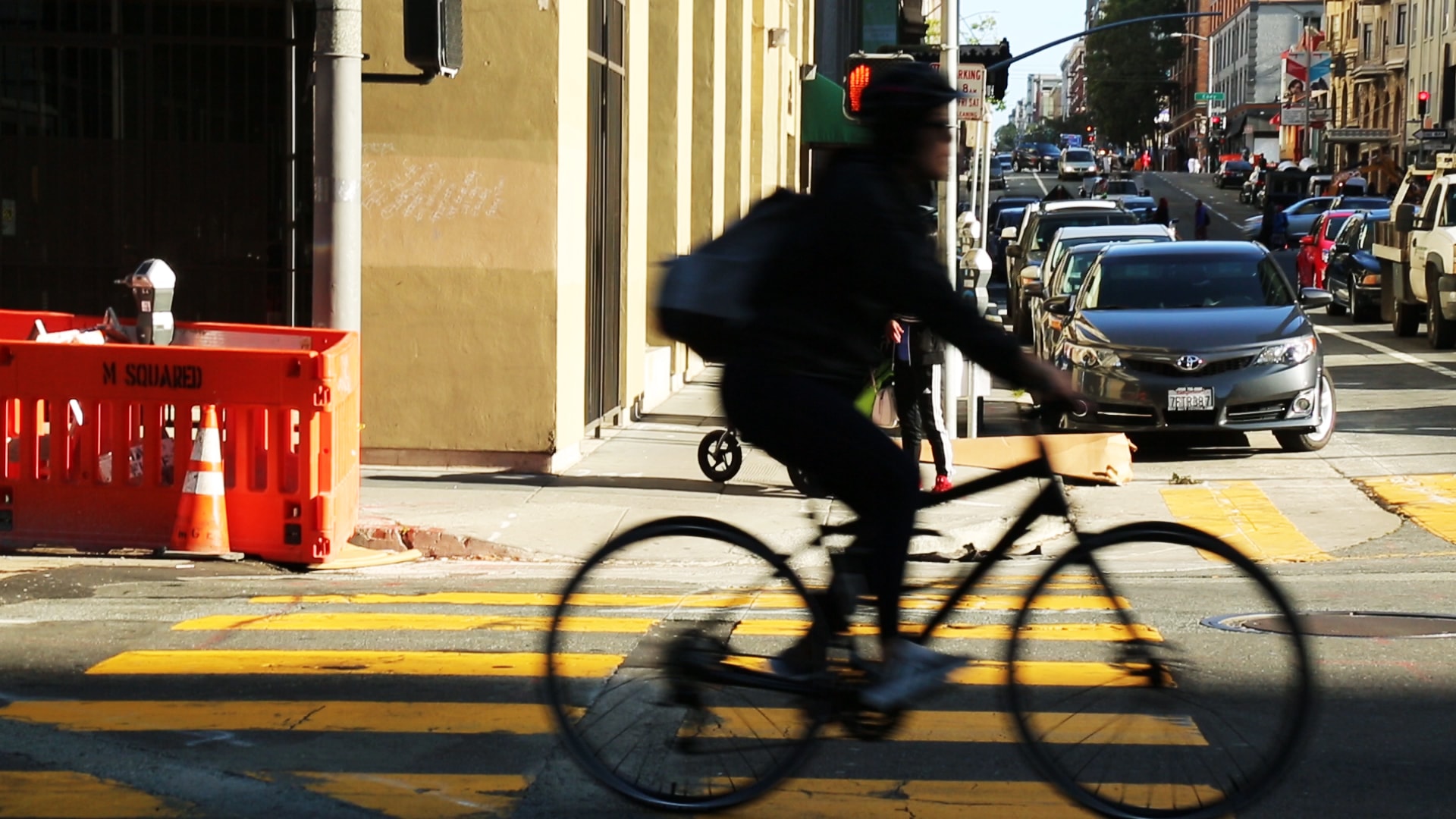How positive or dire is our future? Will we live the next decades with worsening outlooks on our health and the remaining clean natural resources we share? These are not new questions, but as global warming becomes an increasing cause for concern, the current US administration’s denial of climate change makes the situation seem all the more ominous. I write from a cabin in Fort Bragg California, where my family traveled in search of clean air. Last week we canceled his birthday party, and my young son, partner and I left the city after the air quality in San Francisco went beyond 270 (over 50 is considered unhealthy). As a recent example effecting our health and the environment, 2018 had the most acres burned in California in the last 15 years, and scientists confirm the severity is due to human influenced climate change. Climate change, toxicity in food, water and air is a reality that we all need to consider as population and industry grow. Is there hope… is there anything to be done? Yes. We can affect positive change, and tip the scale back towards a healthier future.
Twelve years ago, I left my career in tech to get involved in food. I had originally moved to San Francisco to work at a virtual reality software company, and five years later my friend and I opened our first organic cafe. Having never worked in the food industry, it was a learning experience, but one strongly motivated by health and conservation. My motivation was spurred by the sudden death of someone close to my family.
John was a doctor in his early 40’s that got cancer and sadly passed away soon after being diagnosed. Many of us know someone with a similar story. In hopes to educate ourselves and live healthier lives, my family visited a health retreat in Florida called Hippocrates Health Institute. There we spent three weeks consuming only raw organic foods and vegetable juices, and learning about food combining to achieve a balanced diet. My parents had physical examinations both before and after their visit, and found the benefits far greater than expected. My mother was able to stop medications after years, and my father’s doctor was puzzled by his sudden improvements in health. Our whole family learned important lifestyle lessons that reset the bar on what we had thought healthy eating to be; but the most inspiring part was meeting people who had overcome disease by changing their diet.
In the Photo: The Plant Café juices, salads and a soup. Photo Credit: The Plant Café Organic
It’s not just what we eat that can dramatically effect our health, but also what we don’t eat. The majority of food, especially in industrialized countries, is chalk full of additives, preservatives, grown with the use of synthetic pesticides and fertilizers or controversial hormones and antibiotics. Upon return to our normal lives, it became clear that much of what we were eating was not sustainably farmed, and the chemicals used were not tested for cumulative health effects. European and American studies that tested children eating a diet of organic versus conventional foods showed significantly reduced amounts of pesticides in the body when eating only organic foods. The build up of these chemicals in our food, bodies and environment is interrelated and effects our collective health. As consumers, food is one of many industries in which we can effect sustainable change through what we choose to support.
Related Articles:
![]() “SAN FRANCISCO, CA: A LIVABLE FUTURE DESPITE ‘THE NEW ABNORMAL'”
“SAN FRANCISCO, CA: A LIVABLE FUTURE DESPITE ‘THE NEW ABNORMAL'”
by London Breed
![]() “SEASONAL MENUS: THE NEW STATUS QUO IN FOOD”
“SEASONAL MENUS: THE NEW STATUS QUO IN FOOD”
Food impacts our health by the quality of what we eat, and the method of farming effects our environment. After experiencing the benefits of eating better food, and its cumulative effect on health, I began buying more organic and ethically sourced ingredients. I was surprised that even in San Francisco it was hard to find many restaurants that offered all organic fayre. Instead I found the words “natural,” or “organic wherever possible” written on menus of even the healthier places I visited. As I began to look for more options that offered consciously sourced ingredients, I was limited to niche vegetarian cafes or sustainable high end restaurants. And so I decided to leave the technology sector, at least for awhile, to pursue the goal of providing easier access to healthy and well-sourced ingredients.
In the Photo: The Plant Café Organic in San Francisco, CA. Photo Credit: The Plant Café Organic
With this in mind, my friend Mark and I opened our first café in 2006. The Plant Café Organic offers only 100 percent organic ingredients, almost all locally sourced. The meat served is organic, and the seafood is line caught and sustainable. Most of our dishes are available vegetarian, and while we offer meat such as poultry, pork and seafood, we don’t serve lamb or beef due to their high carbon footprint. The menu, design of the cafes and packaging used is thoughtfully selected, supporting healthier and environmentally conscious products and businesses.
I started the Plant in order to offer an easy avenue to support and consume better options. Since visiting the health retreat more than 12 years ago, I continue to be inspired by more and more people that have turned their health around through better food choices. Now with five fast casual cafes in San Francisco, we hope to continue to grow The Plant in more cities. As we expand, we plan to open smaller footprint locations in different communities. Look out for our second Instagram account coming in 2019 @plant.pop which will share helpful information on food, health and environment.
Our personal health and that of our natural environment are perhaps the most important things we have. Our choices shape both of these things. Small choices create and influence the world around us in greater ways.
In a way, my motivation is selfish, due to self preservation, those I love and the fate of the planet we all live on. Our personal health and that of our natural environment are perhaps the most important things we have. Our choices shape both of these things. Small choices create and influence the world around us in greater ways. In the current setting of increasing consumption and a warming planet, our decisions collectively become extremely important. How do we empower ourselves to do something to effect positive change? We direct more of our efforts, and what we can afford towards reducing our impact, and together supporting methods for positive change.


